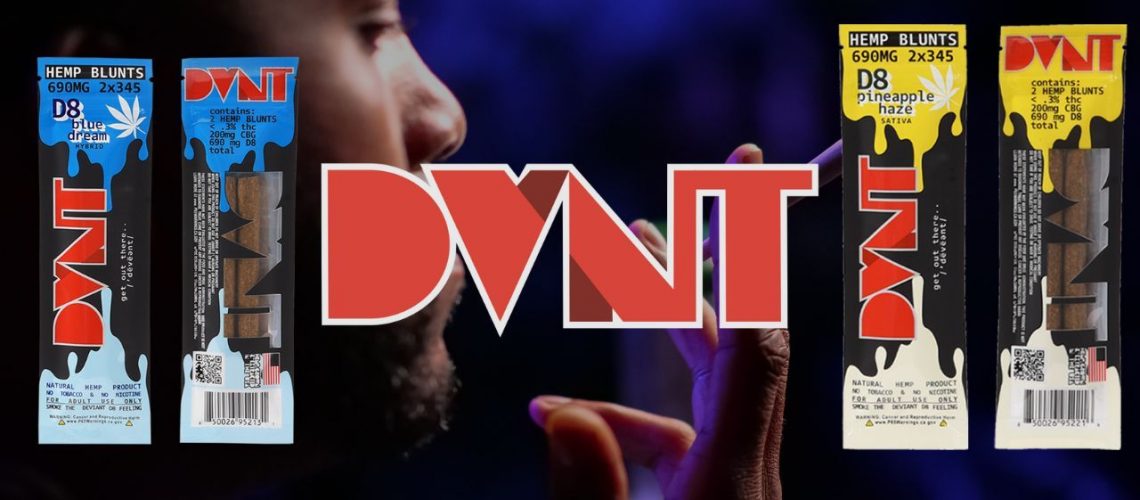Hemp Vs Cannabis

Hemp and cannabis are used sometimes interchangeably, but are these two plants actually the same? What is the deal when it comes to hemp vs cannabis? Learn the difference between these two plants, and how this difference determines their legal status across the country.
In the meantime, shop our selection of hemp-derived goods! Choose from edibles, blunts, and prerolls. We offer many different cannabinoids including delta 8, HHC, and THCA. There is a product for every kind of stoner in our store, and with our lab test results posted clearly on our site, you can shop smart and get lit with no worries.
Hemp vs cannabis
So, I always thought that hemp referred to cannabis that has been used to make something else. Like, if you used this plant to make rope, then it’s hemp, but if you’re smoking it, it’s cannabis. Turns out, that’s not exactly true. They are essentially the same plant, but with a vital difference. Legally, hemp is defined as cannabis containing .3% or less of delta 9 THC.
There are several different cannabinoids, and even several different types of THC. Delta 9 THC refers to the most famous kind of THC. When people mention THC, it’s safe to say they mean delta 9. A plant super high in any other type of THC can still be considered hemp, as long as it still contains .3% or less delta 9.
The 2018 Farm Bill
When it comes to hemp vs cannabis, legality is a big issue. This is thanks to the 2018 Farm Bill which legalized hemp on a federal level. While they are nearly-identical plants, the lower-THC content hemp is what’s typically used to make things like clothing, rope, and food. The intent of this bill was to increase hemp production for just that. Unintentionally, however, the bill legalized cannabinoids derived from hemp. Suddenly, intoxicating cannabinoids like delta 8, HHC, and more could be legally sold as long as they were derived from hemp instead of cannabis.
Cannabis legality
As you probably know, cannabis is legal in a large portion of the country. 24 states have legalized cannabis recreationally, while another 15 have approved it for medical use. That being said, cannabis legally needs to come from state licensed dispensaries. It’s also still considered federally illegal.
Hemp legality
Hemp is legal on a federal level, while cannabis is still illegal federally. Both plants have become subject to state legislation. In recent years, certain states have implemented their own rules and regulations regarding hemp-derived cannabinoids. Some states seek to impose similar rules to those governing cannabis (e.g. age restrictions, requiring hemp products to come from a state dispensary). Other states have explicitly prohibited specific hemp-derived cannabinoids, such a delta 8, altogether. Still others have affirmed the federal legislation regarding hemp, and others have done nothing, which means hemp-derived products are legal in these states. The laws vary immensely, and are changing rapidly.
The future of hemp vs cannabis
More and more states have legalized cannabis, though it still remains a Schedule I drug federally. According to the United States Drug Enforcement Administration, schedule I drugs “…are defined as drugs with no currently accepted medical use and a high potential for abuse”. Other drugs in this category include LSD and heroin. Currently, the drug schedule status of cannabis is under review. If cannabis were to be rescheduled, it would open the door to more research opportunities. Rescheduling may also allow marijuana businesses to benefit financially. Critics believe the plant should be removed from scheduling entirely, and legalized on a federal level.
The farm bill, which legalized hemp in the first place, was due for an update last year. Some have praised the new market of hemp-derived cannabinoids, while others have called for the law to be amended. It turns out we’re all just going to have to wait to see what the future holds for hemp. A spending bill passed in November includes a one year extension of the farm bill. This extension expires September 30, 2024. In the meantime, it will be up to the states to decide how they want to handle hemp-derived cannabinoids.
The bottom line
Though they are extremely similar, there are some vital legal differences when it comes to hemp vs cannabis. The delta 9 content of the plant determines which laws it will be subject to. Hemp is legal federally, while cannabis is considered a Schedule I drug. Despite their status on a federal level, individual states have taken matters into their own hands. Since the passing of the 2018 Farm Bill, several states have affirmed the status of hemp and its derivatives, while others have implemented regulations, or banned certain hemp products altogether. There may be a federal update later this year regarding hemp.
Cannabis, on the other hand, has been approved for at least medicinal use in the majority of the country. Its current status as a Schedule I substance is under review. It will be interesting to see what’s in store for both of these plants in the coming years. In the meantime, DVNT has you covered for all your hemp product needs!
